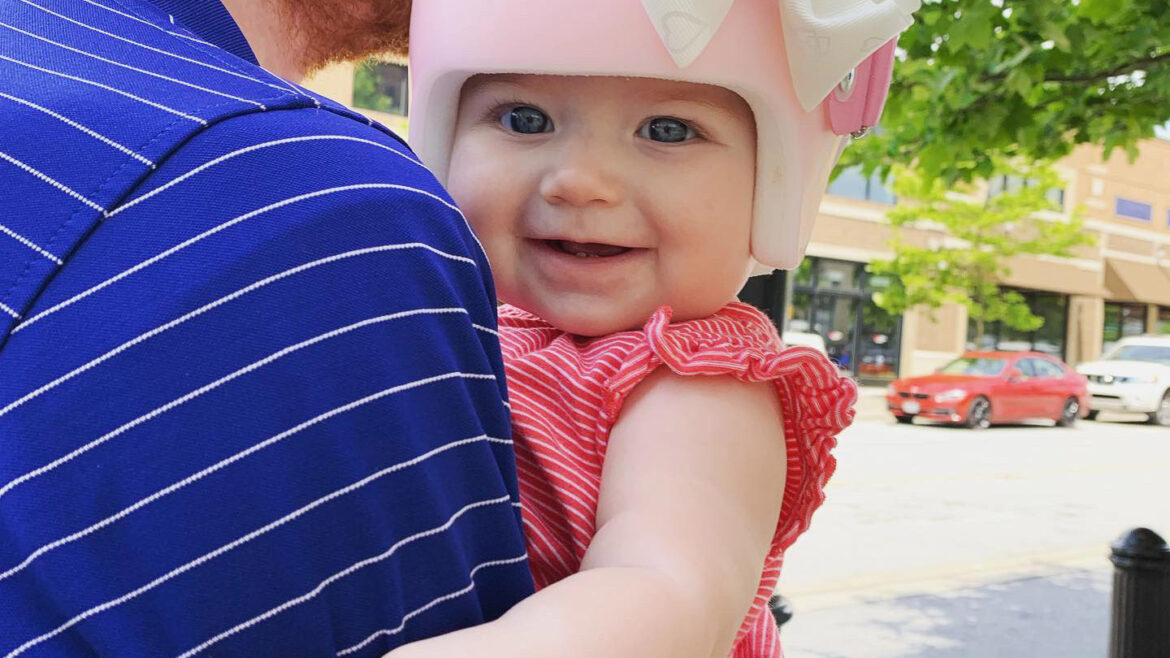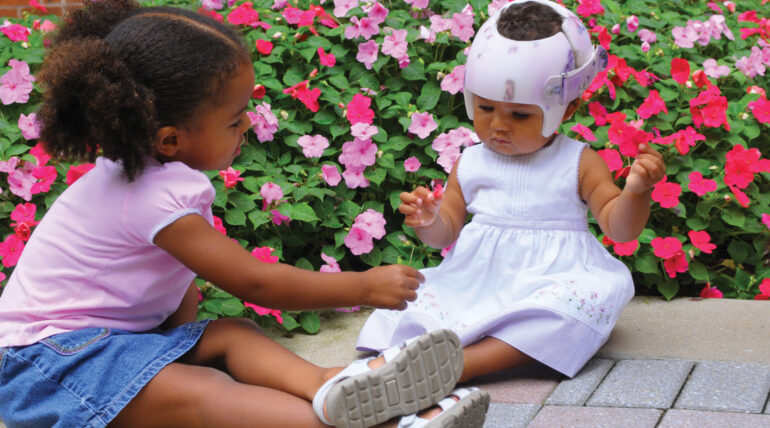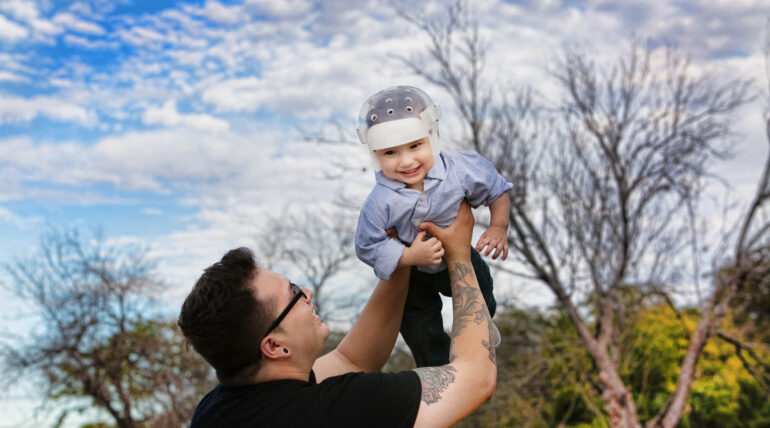Equipping an infant with a cranial helmet, often necessary for conditions like plagiocephaly, marks a commitment to the child’s health and developmental success. Yet, this choice can sometimes draw criticism and unsolicited advice, placing additional emotional burdens on parents. Stuart Weiner, CPO, LPO, and director of the Cranial Center in New Jersey, the goal of this article is to empower parents with strategies to handle such encounters effectively.
Weiner reminds parents, “The choice to utilize a cranial helmet stem from informed medical counsel and a dedication to your child’s well-being. Emphasize the constructive outcomes this decision brings.”
Building Knowledge:
Examine your child’s condition thoroughly and the rationale behind the cranial helmet. Being well-informed enables you to address any misunderstandings or misinformation you may encounter confidently.
Trusting Medical Expertise:
Place your trust in the expertise of your healthcare provider, whose recommendations are founded on a professional assessment of your child’s needs. This trust can serve as a steady anchor when navigating external opinions.
Weiner encourages, “Rely on your healthcare team’s expertise as a cornerstone of support and validation for your decision.”
Selective Sharing:
Choose with whom you discuss your child’s condition carefully, focusing on those who offer genuine support and empathy. Cultivating a supportive circle can significantly mitigate the impact of external judgments.
Confident Responses:
Respond to criticism or unsolicited advice with poise and assurance. A polite yet firm explanation that the helmet is medically advised for your child’s health suffices. You are not obligated to provide further justification to satisfy others’ curiosity.
Prioritizing Self-Care:
Recognize the emotional toll such encounters can take and prioritize your well-being. Engaging in activities that refresh and uplift you is essential for maintaining resilience. Additionally, connecting with other parents facing similar challenges can provide solace and strength.
“Your emotional and mental health is paramount. Remember, you’re excellently advocating for your child’s health,” says Weiner.
Focusing on Progress:
Direct your attention to the positive impacts of the cranial helmet on your child’s development. Celebrating each milestone and progress made reinforces the value of your decision.
Crafting a Go-To Response:
Develop a brief, prepared response for common criticisms or advice, enabling you to address comments without distress. A simple “We appreciate your concern, but we’re following our healthcare provider’s recommendations for our child’s best interest” can be effective.
Facing criticism and unsolicited advice about your child’s cranial helmet can be daunting, but equipped with suitable approaches, you can navigate these interactions with dignity and confidence. The foundation of your decision rests on professional medical advice and a commitment to your child’s future.
Implementing these strategies helps shield against negativity, allowing you to concentrate on your child’s advancements and fostering an environment conducive to their growth. Remember, your actions are rooted in love and foresight for your child’s well-being, a stance that towers above any external judgments.
You’re not by yourself.
About half of all infants exhibit a certain level of deformational plagiocephaly or brachycephaly (DPB). For a complimentary consultation using the renowned STARband Scanner™, call Cranial Center at 800 685 9116 to bring your infant to one of our three New Jersey locations. Hackensack, Hazlet, and Morristown.



